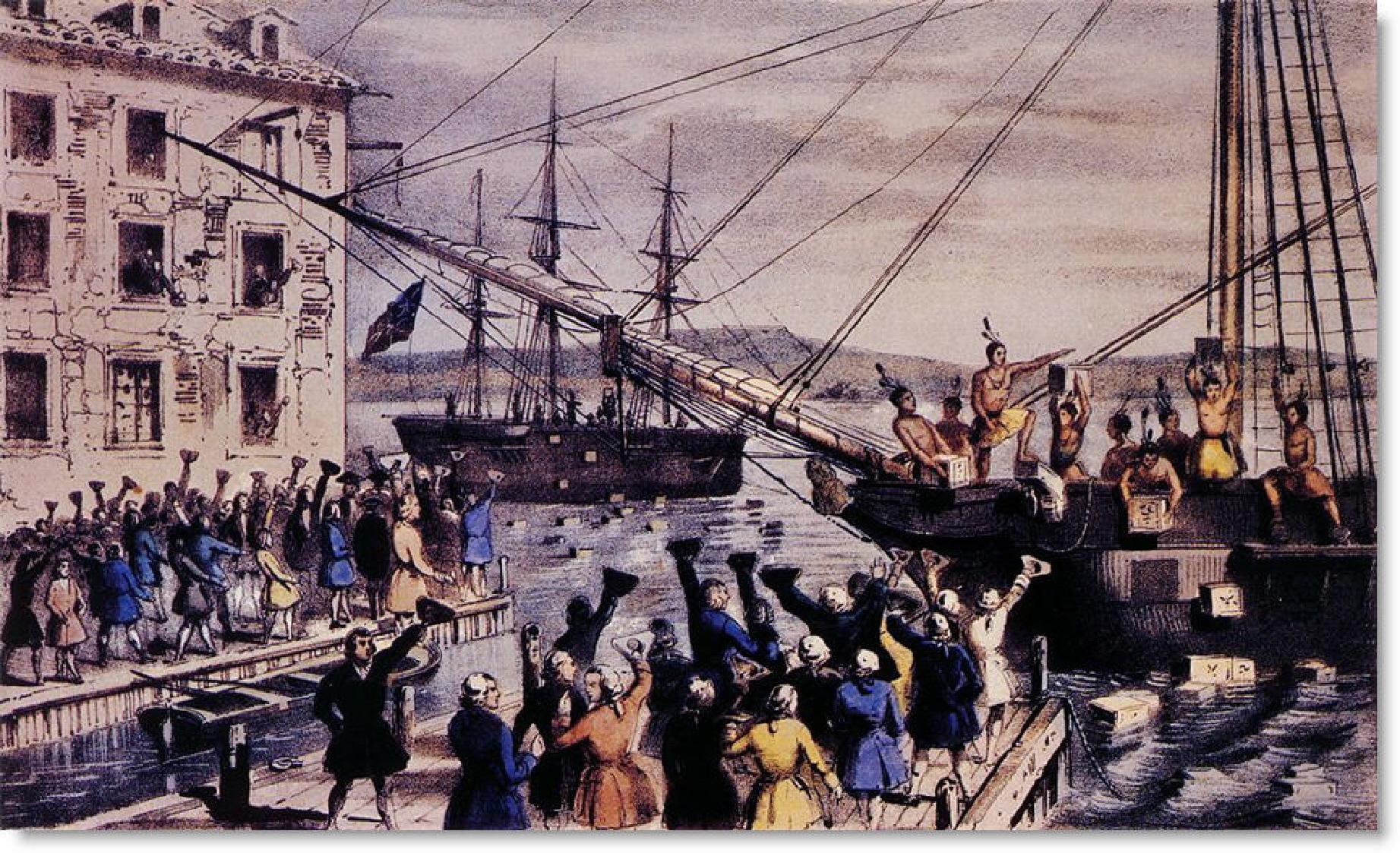History, Holidays & Observances on December 16
Today: The Boston Tea Party leads to a Revolution, King Henry VI of England . . .and France, English Bill of Rights of 1689, Hans Bol, Beethoven, Christmas Music And More . . . Major Events on Dec. 16 1773 – Boston Tea Party makes the American Revolution virtually inevitable
Continue reading
